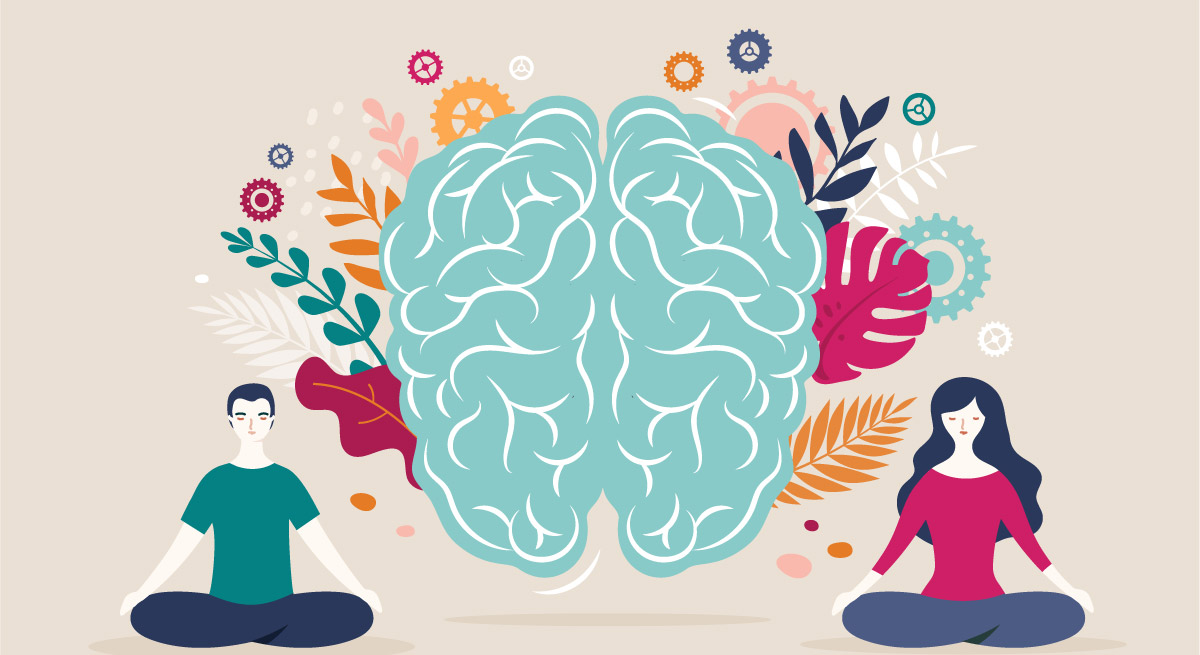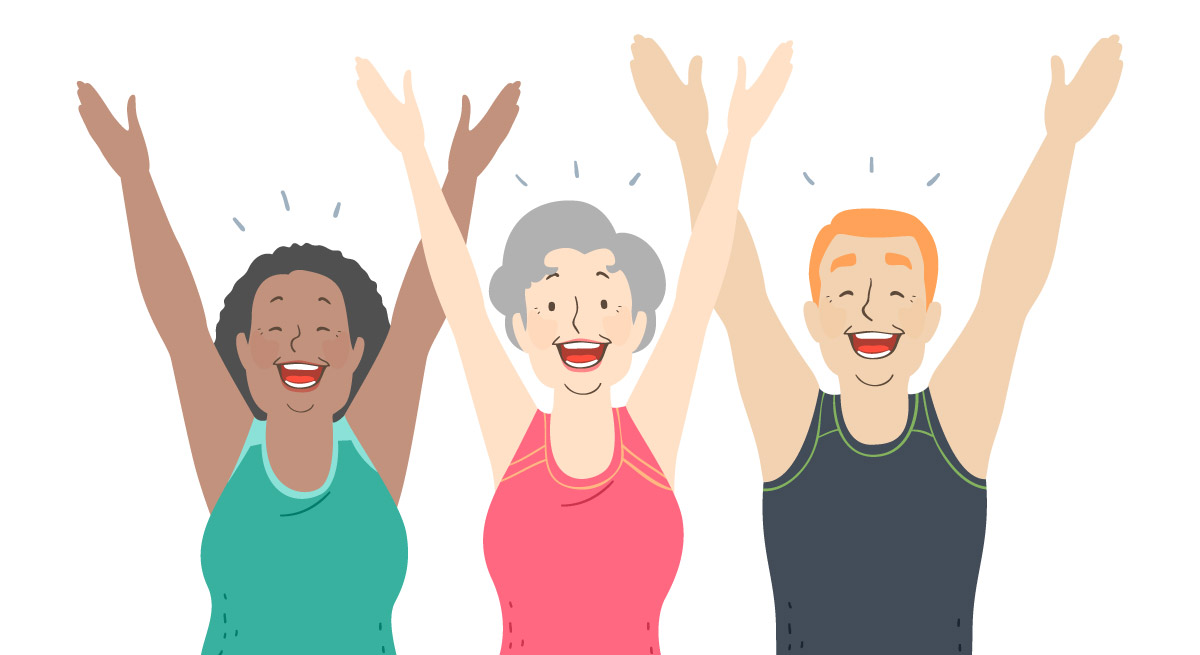This 8 week course also known as Mindfulness Based cognitive therapy (MBCT-Life) is skills based offering mindfulness practices and cognitive behavioural techniques that can be used in everyday life. Participants learn how to work with difficulties as well as how to appreciate life and flourish. Qualities such as compassion, kindness, resilience and equanimity are cultivated which support wellbeing.
Who is this course for?
This course is suitable for anyone who prefers a structured and practical way to learn mindfulness from an experienced teacher. It is suitable for people wishing to enhance their general physical and mental wellbeing. If you are experiencing stress, anxiety, recurrent depression or feel generally 'dissatisfied' with your life, this course could offer you some skills in how better to respond to the 'ups and downs' of everyday living.The course is not being offered as a treatment for any specific physical or psychological conditions. It is not suitable for people who are currently experiencing very severe problems in these areas.
Who will teach me?
Your course teacher is Christine Weltzien who is trained by the Oxford Mindfulness Centre. She works in accordance with the Good Practice Guidelines for Mindfulness Based Teachers. This means she is committed to ongoing professional development and receives ongoing supervision for her teaching. She holds a certification as a Mental Health First Aider.
How is it delivered?
❖ This course is delivered online or in person over 8 X 2.2 hour sessions over 8 weeks.
❖ There is a one hour Orientation session before week 1.
❖ A full Day of Mindfulness Practice (10:00-16:00) on a weekend day between Session 6 & 7.
❖ Participants will be set formal and informal practices to do during the week to support and deepen their learning.
❖ If a participant misses more than two sessions, then they will not be allowed to continue on this course.
What skills will I learn?
❖ To recognise the tendency to live on automatic pilot and how to step out of it by bringing mindfulness to present moment experiences.
❖ To develop a better understanding of how our minds work.
❖ To cultivate a greater awareness of our thoughts, emotions, sensations and impulses with mindfulness of breath and body.
❖ To recognise our habitual patterns of reaction and thought patterns.
❖ To skilfully respond or take helpful action when difficulty arises.
❖ To be compassionate and more gentle towards yourself and your experiences.
❖ To keep a balance in life’s ups and downs and open up to the moments of joy, contentment and gratitude.
What happens during a session?
Sessions follow a consistent pattern.
❖ Group gathers and gets settled.
❖ We begin with a guided meditation practice which is followed by a reflection on the experience.
❖ Review on the experiences of Home Practice.
❖ Discussion of the theme of the session.
❖ Another short practice and/or cognitive exercise with reflection on this.
❖ Explain the Home Practice for the following week.
❖ Opportunity to speak to the teacher individually before or after a session or via email during the week.
What are the benefits?
Research shows that mindfulness courses have many benefits:
❖ reduces feelings of stress or anxiety and depression
❖ enhances the ability to cope with pain and illness
❖ less worrying and obsessing over things
❖ More clarity and living life with a greater sense of purpose
❖ appreciation for what is pleasant and enjoyable in life.
❖ improved sleep patterns
❖ builds resilience and improves overall well-being
What are the challenges?
❖ For people new to meditation it may feel strange or unfamiliar at first. Do come with an open mind.
❖ For some people it takes time and patience to see the benefits of the practices.
❖ The amount of practice may feel daunting to some but participants are encouraged to keep consistent practice in order to continue to benefit from the course.
❖ Some people may feel apprehensive about being in a group. However being in a group offers learning and a feeling of not being alone.
❖ Difficulties may arise during the course, and these can turn out to be informative for your own growth. The course will teach you ways of how to respond skilfully.
❖ At times you may feel like giving up. This is normal and speaking to the teacher about your issues will be beneficial for you.
❖ Managing the time at home to do the home practice.

Mindfulness is to be aware of your own experience, moment to moment, without judgement. Put simply it is about actively (intentionally) “being in the moment”.
At Joy of Mindfulness we offer online mindfulness courses and face to face mindfulness in the Algarve, Portugal. We all have the inbuilt ability to practice mindfulness, the challenge of becoming more mindful is learning to access that ability

Laughter Yoga movement originated in India in 1995 and was founded by Doctor Madan Kataria. We prefer practicing in groups, either online or in person Laughter Yoga in the Algarve, Portugal.
Laughter Yoga is a combination of deep breathing exercises from yoga and laughter exercises, which oxygenates our body and brain improving our overall well-being.

We offer Mindfulness courses which provide personalised mindfulness training in a structured and supportive environment. We also offer provide MBCT Courses in the Algarve and online. We also provide in person and online laughter yoga classes